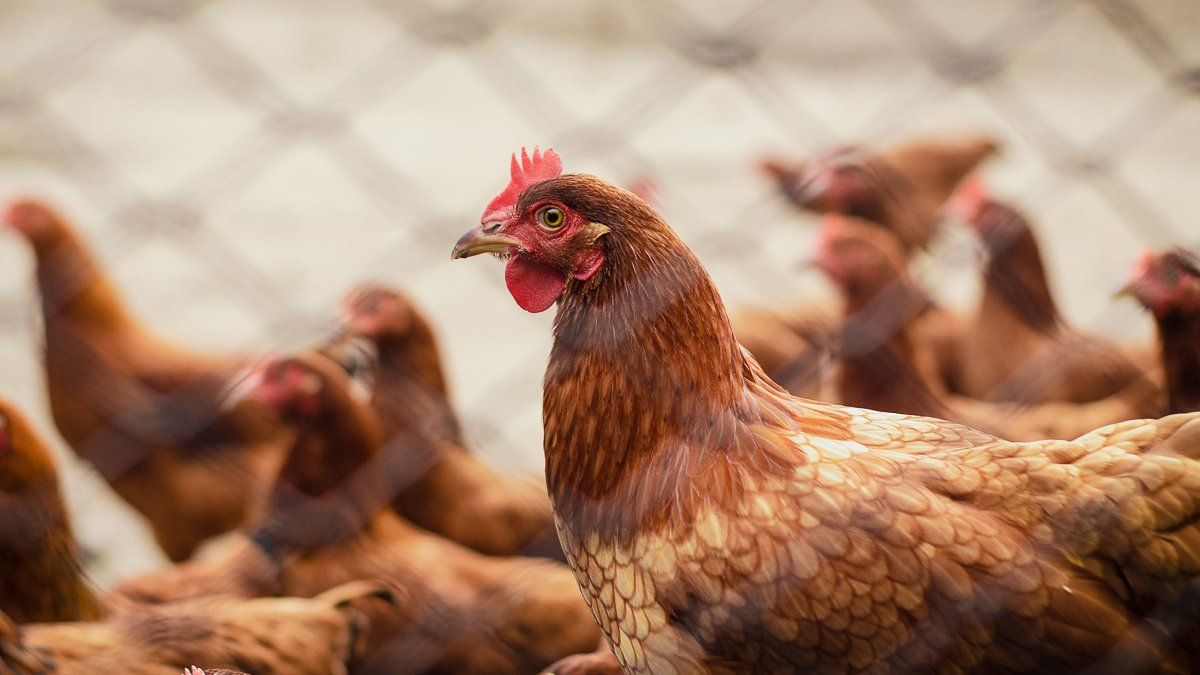Scientists say the presence of viral fragments in milk, which is pasteurized, is no cause for alarm, but the biggest problem is continued uncertainty about the size and scope of the outbreak.
One in five commercial milk samples analyzed in a national study in the United States contained H5N1 virus particles, reported the Food and Drug Administration (FDA), suggesting that The bird flu outbreak is more widespread than previously thought.
The content you want to access is exclusive to subscribers.
The agency said Thursday night that There are no reasons to believe that the virus found in milk poses a risk to human health.


What is avian flu and why does it affect livestock?
According to Dr. Michael Osterholm, an infectious disease expert at the University of Minnesota, “This virus has greatly overwhelmed dairy cattle across the country.”
Many infectious disease experts and government officials They said they believe that the pasteurization process will inactivate the virus, also known as bird flu. However, additional testing is needed to confirm that there is no infectious virus in the milk, the FDA said.
“Till the date, “Studies on retail milk have not produced results that change our assessment that the commercial milk supply is safe.”The agency stated in its latest update on the matter. “I’m not worried about the milk itself. It does indicate that “The virus is more widespread among dairy plants than we thought,” said Samuel Alcaine, associate professor of Food Science at Cornell University.
“We had just over 30 herds or farms that had tested positive for bird flu. We have something less than 30,000 farms in the entire United States. Thirty-three is a really small number. It feels like there’s definitely more spread.”
How many cases of bird flu have been confirmed?
Eight states in the North American country confirmed cases of avian flu in 33 dairy herds, according to the Department of Agriculture. In the current outbreak, bird flu has only been confirmed in one person, a Texas farm worker who suffered conjunctivitis.
The FDA noted that the US Centers for Disease Control and Prevention (CDC) did not record any more human cases apart from the first confirmed one. The FDA is further evaluating any positive findings through egg inoculation tests, which he described as the gold standard for determining the viability of the virus.
Source: Ambito




